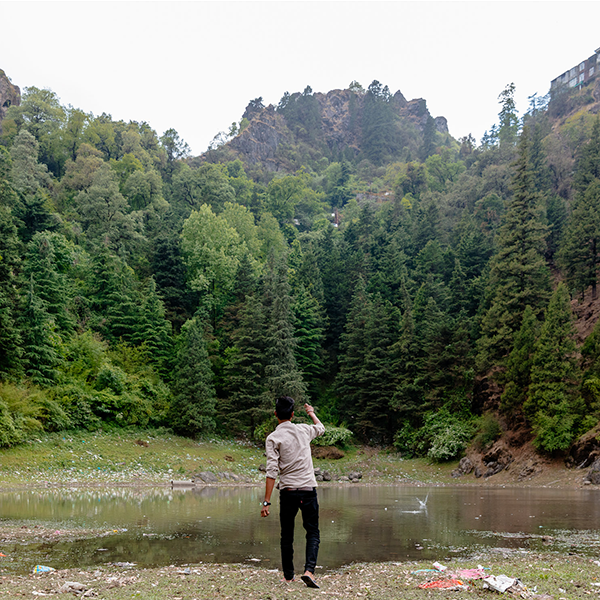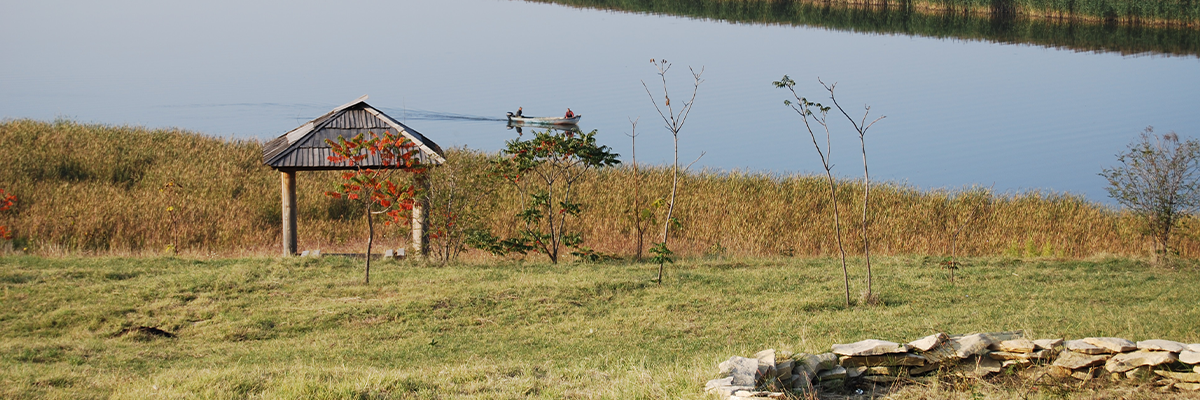Agriculture and Ecological Curriculum
Education for a Better World

The Hearth believes that education plays a crucial role in creating a better, more sustainable world.
Research shows that schools that adopt an environmental focus demonstrate better academic performance across the curriculum. Environmental education helps build creative thinking and relationship skills and fosters leadership qualities. We develop organic agriculture and ecological curriculums to not only integrate the environment and nature within classroom learning but also to involve students in making consumption more sustainable. The process also enhances school gardens and food systems while engaging students in growing their food.
The Hearth believes that integrating student life with the environment can further inculcate lessons in precaution and sustainability, that can play an integral role in making our schools, communities, and planet more sustainable and healthier. This focus is particularly important in the developing world, where a large segment of the population is dependent upon agriculture for their livelihood.
Apart from stand-alone ecological and organic curriculum materials, the Hearth infuses environmental, ecological and organic education concepts into existing syllabi. In addition to increasing awareness of the environment, the weaving of an ecological education dimension into syllabi enriches the issue concerned and thus makes it more relevant and exciting. The linkages are dependent on the curriculum structure and on the institution’s willingness to engage with this initiative. The Hearth guides teachers and enables them to introduce ecological and sustainability principles in their teaching.
Along with the University of Cambridge, we have developed an ecological curriculum for schools. Pani-Pahar, The Water Curriculum, can be embedded into existing syllabus structures at three levels: in Junior, Middle and Senior Schools.




